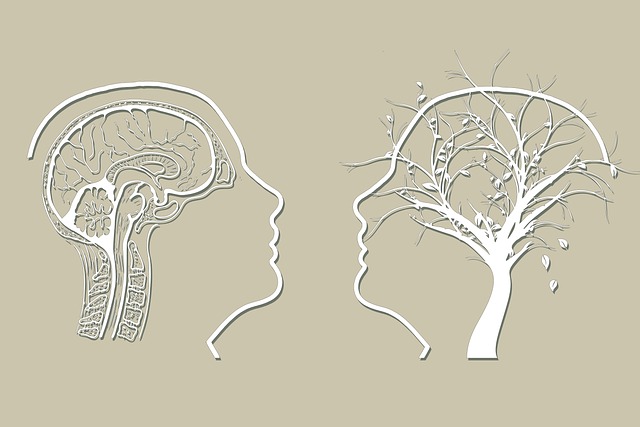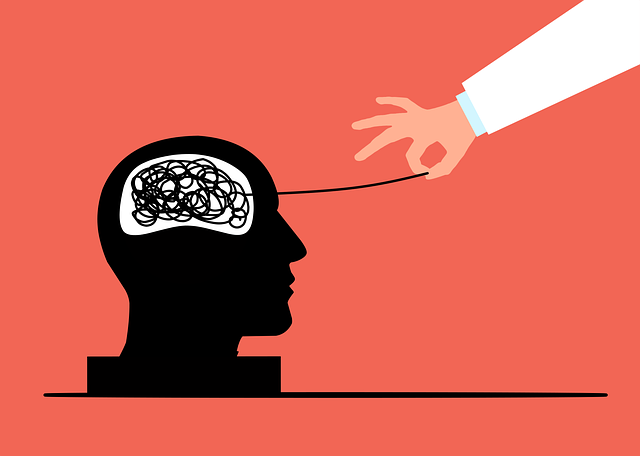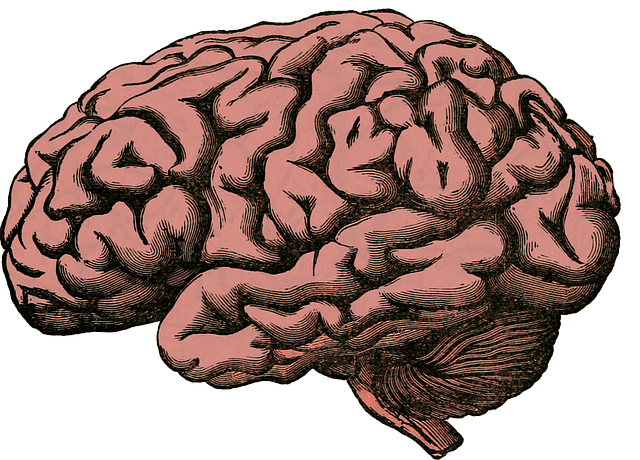Positive thinking exercises, personalized through specialized Broomfield ADD-ADHD evaluations and therapy, are effective in managing ADHD/ADD symptoms by counteracting negative thought patterns and impulsivity. A holistic approach combining cognitive strategies, behavioral interventions, compassion cultivation, and confidence-boosting techniques helps individuals cultivate positive thinking and emotional regulation. Progress tracking through journaling, along with cultural sensitivity, enables therapists to adjust treatment plans according to individual needs and diverse cultural backgrounds, enhancing symptom management for optimal mental wellness.
Positive thinking exercises offer a powerful tool for managing Attention Deficit Hyperactivity Disorder (ADD/ADHD). This article explores the implementation of such practices, focusing on the Broomfield Model as an effective therapy approach. We’ll delve into understanding the fundamentals of positive thinking for ADD/ADHD, how to apply the Broomfield Model’s structured evaluations, and tracking progress while adjusting strategies accordingly. By integrating these steps, individuals with ADD/ADHD can cultivate a more optimistic mindset and enhance their overall well-being.
- Understanding Positive Thinking Exercises for ADD/ADHD
- Implementing the Broomfield Model for Effective Therapy
- Tracking Progress and Adjusting Strategies
Understanding Positive Thinking Exercises for ADD/ADHD

Positive thinking exercises are a powerful tool for individuals with Attention Deficit Hyperactivity Disorder (ADHD) or Attention Deficit Disorder (ADD). These strategies aim to counteract the often-present negative thought patterns and impulsivity associated with ADHD/ADD by promoting a more optimistic and balanced mindset. Through various techniques, such as cognitive reframing and mindfulness practices, individuals can learn to identify and challenge negative thoughts, replacing them with positive alternatives.
In Broomfield, ADD-ADHD evaluations and therapy play a crucial role in tailoring these exercises to individual needs. A comprehensive assessment by a qualified professional helps in understanding the unique cognitive challenges and strengths of each person. Therapy then guides the development of a personalized self-care routine that incorporates positive thinking exercises, alongside other evidence-based practices like social skills training and risk management planning for mental health professionals. This holistic approach supports better mental health and enhances overall well-being.
Implementing the Broomfield Model for Effective Therapy

The Broomfield Model offers a comprehensive framework for effective therapy, particularly tailored to address Attention Deficit Disorder (ADD) and Attention-Deficit/Hyperactivity Disorder (ADHD). This model emphasizes the importance of combining cognitive strategies with behavioral interventions to foster positive thinking and emotional regulation. By implementing structured assessments, therapists can gain valuable insights into an individual’s unique challenges and strengths, enabling personalized treatment plans.
One key aspect of this approach is compassion cultivation practices, which encourage individuals to develop self-compassion and kindness towards themselves, counteracting the negative self-talk often associated with ADD/ADHD. Additionally, the model incorporates confidence-boosting techniques to empower clients, helping them overcome feelings of inadequacy and embrace their potential. Through this holistic method, Broomfield ADD-ADHD evaluations therapy aims to create lasting positive changes in thinking patterns and overall well-being.
Tracking Progress and Adjusting Strategies

Tracking progress is a vital component of any successful positive thinking exercise implementation. By regularly assessing an individual’s mental wellness through journaling exercises, therapists in Broomfield can gain valuable insights into their client’s thought patterns and behaviors. This guidance allows for adjustments to therapy strategies, ensuring that interventions remain tailored to the unique needs of each client. A Mental Wellness Journaling Exercise, when combined with Broomfield ADD-ADHD evaluations, enables professionals to identify specific triggers and strengths, fostering more effective management of symptoms.
Cultural sensitivity in mental healthcare practice is paramount, and it influences how progress is tracked and strategies are adjusted. Recognizing the impact of cultural factors on mental health, therapists must adapt their approaches to be inclusive and respectful. This consideration is especially relevant when dealing with diverse populations, ensuring that risk assessments for mental health professionals, as outlined in Broomfield’s guidelines, remain unbiased and accurate.
Positive thinking exercises, such as those based on the Broomfield Model, offer a powerful tool in managing ADD/ADHD symptoms. By implementing this model and tracking progress, individuals can experience significant improvements in their focus, organization, and overall well-being. Broomfield ADD-ADHD evaluations provide a structured framework for tailored therapy, ensuring that each person receives effective strategies to enhance their daily lives. Through consistent practice and adjustments, these exercises empower individuals to take control of their mental health journey.









